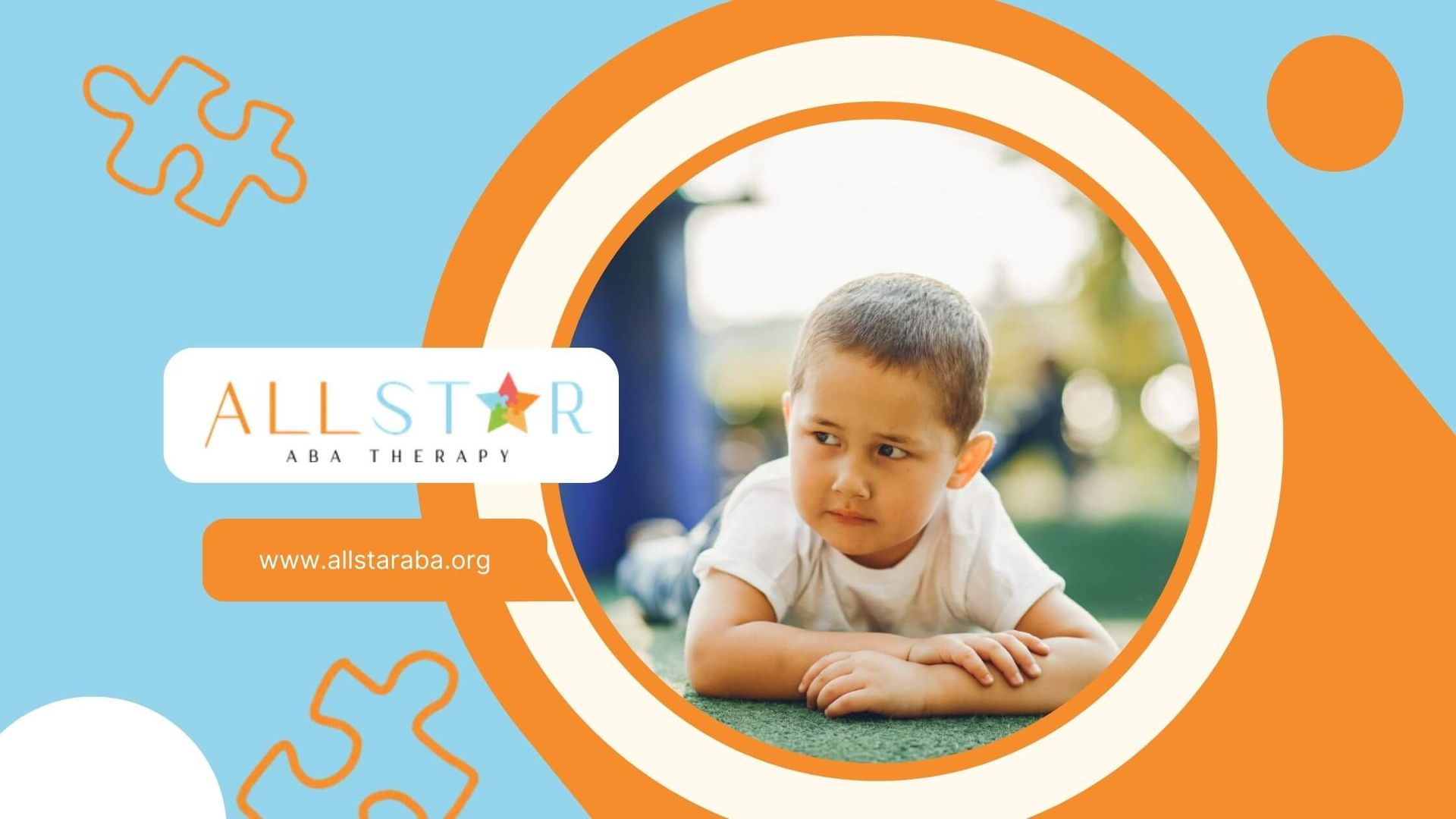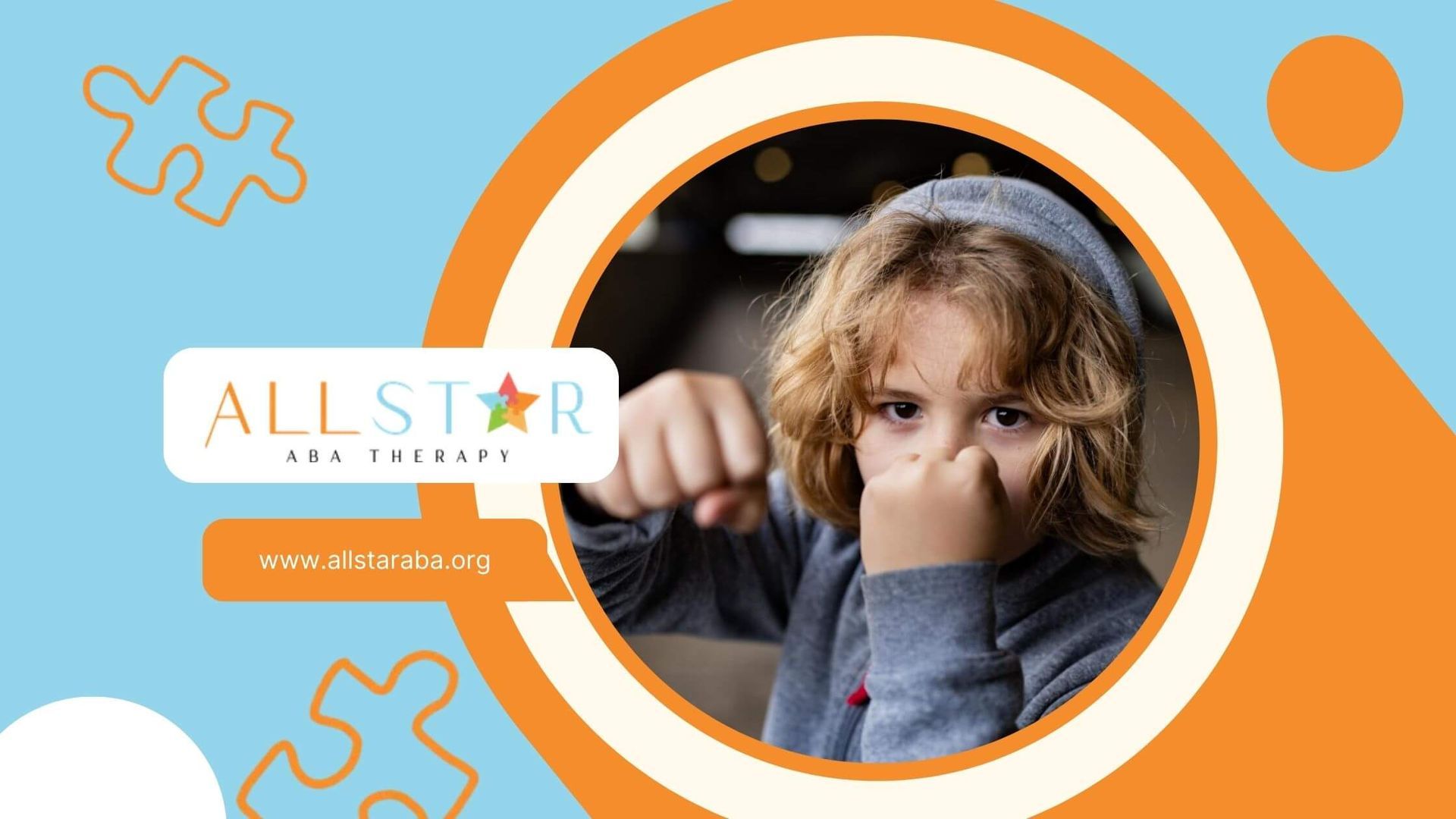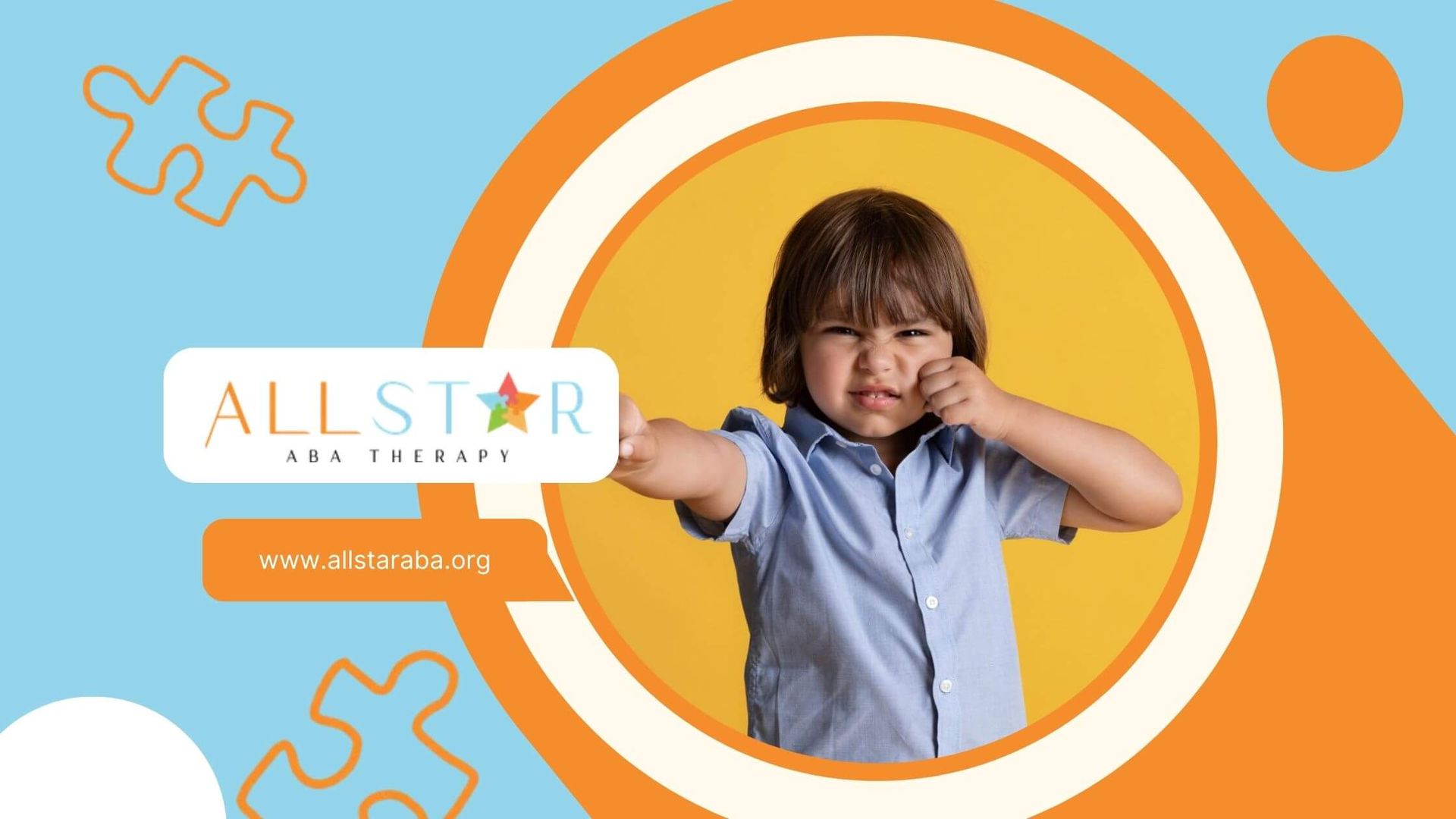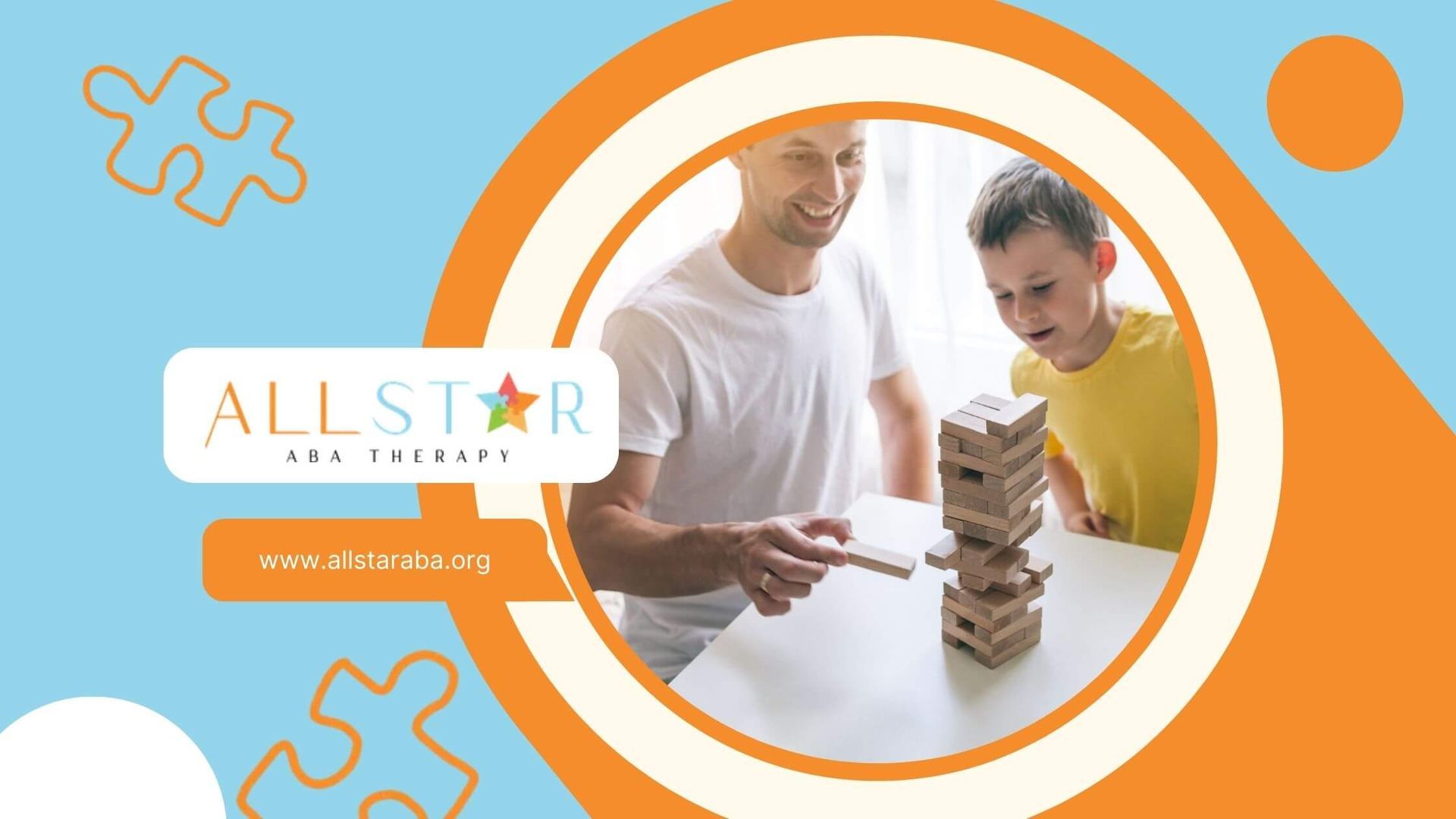New Paragraph
Challenges of College Life with Autism
Transitioning to college is a major milestone for any young adult. However, for students with Autism Spectrum Disorder (ASD), this new chapter of higher education often comes with a distinct set of hurdles. The demands of college life, from complex academic work to a new social scene and overwhelming environments, can be a particularly difficult adjustment. Understanding these unique challenges and knowing what support is available is essential for autistic students to not just survive but thrive on their college journey.
Understanding the College Environment for Autistic Students
The college environment is vastly different from high school, presenting unique needs for autistic students. Suddenly, you're navigating large college campuses, managing your own schedule, and living with more independence than ever before. This unstructured setting can be a significant shift.
For students on the autism spectrum, the biggest challenges often involve academics, social interaction, and sensory overload. To have a positive college experience, it's important to understand these potential difficulties and learn about the support services available to help you succeed. The following sections will explore these challenges in more detail.
Transitioning from High School to College Life
Leaving high school behind means leaving behind the structured support systems you may have relied on. The Individualized Education Programs (IEPs) that provided a safety net through your school years are not part of the college experience. This can make the transition feel abrupt and overwhelming for many young adults with autism.
In college, the focus shifts from ensuring student success to preventing discrimination. This means the responsibility falls on you to seek out help. The structured days of high school, with bells signaling class changes, are replaced by a need for strong executive functioning skills to manage your own time, from attending classes to doing laundry.
To prepare for a smoother transition, you and your family can work on building independence while still in high school. This could involve gradually taking on more responsibility for deadlines and assignments. Phasing out modifications that won't be available in college, like reduced homework, can also help you prepare for the new academic expectations.
Navigating Increased Independence and Self-Advocacy
One of the most critical skills for your college years is self-advocacy. Unlike in high school, where teachers and parents might have advocated for you, college requires you to ask for what you need. This means contacting the disability support services office, providing documentation, and formally requesting accommodations.
This newfound independence also applies to your interaction with professors. You will likely need to inform them of your approved accommodations, although you don't have to disclose your specific disability. Learning to communicate your needs clearly is a vital part of managing your daily routines and succeeding in an independent living environment.
For many autistic students, asking for help can be a challenge due to communication difficulties. However, it's a skill you can develop. Remember that the staff at support services offices want to help you succeed. Embracing this new role as your own advocate is key to meeting the needs of autistic students in a college setting.
Common Academic Challenges in College
Navigating college courses brings a new set of academic challenges. For many autistic students, difficulties with executive functioning can make coursework especially demanding. This set of skills, which includes time management and organization, is essential for academic success in a less structured environment.
The right formats of many academic programs may not align with the diverse learning styles of autistic individuals. To address the needs of autistic students, it is helpful to understand these potential hurdles. Let's look at some common issues and the academic support that can help you overcome them.
Difficulties with Organization and Time Management
A major hurdle in college is the increased demand on your executive functioning skills. Keeping track of assignments, managing long-term projects, and meeting multiple due dates requires strong organization and time management abilities, which can be challenging for some autistic students.
Without the daily reminders from teachers and parents, it's easy to fall behind. The fast pace and number of assignments can feel overwhelming, making it hard to prioritize tasks and stay motivated. This is where creating your own structure becomes so important for managing your daily schedule.
Developing new strategies can make a huge difference. Academic coaching can provide personalized guidance, but you can also implement simple tools to help.
Consider these strategies to stay on top of your work:
- Use a planner or digital calendar to track all assignments and due dates.
- Break down large projects into smaller, more manageable tasks.
- Set reminders on your phone for classes, study sessions, and deadlines.
- Use apps designed for task management to organize your responsibilities.
Adjusting to New Teaching Styles and Expectations
College courses often introduce new teaching styles that can be difficult to adjust to. You might find yourself in a large lecture hall after being used to smaller high school classes. Some students excel with hands-on learning but may struggle in traditional lecture-based courses where information is delivered rapidly.
The academic demands are also higher. Professors have different expectations, and the workload is generally heavier. This can create a lot of stress, especially when combined with rigid exam formats and tight deadlines. You may need to find new ways to process and retain information.
To create a more inclusive environment for yourself, it's important to seek accommodations. For example, you can request extra time on tests or permission to audio-record lectures to review later. Communicating with your professors and the disability services office can help you get the support needed to adapt to these new academic challenges.
Social and Communication Barriers Faced by Autistic Students
Beyond academics, college presents significant social challenges. The campus social scene can be daunting for any college student, but for autistic individuals, it involves navigating a complex world of unspoken rules and social cues. Difficulties with communication can make forming friendships and engaging in small talk feel like an uphill battle.
These unique needs can affect everything from joining clubs to participating in group projects. Social integration is a key part of the college experience, but it requires a different approach for students who process social interactions differently. Let's explore some ways to build connections and participate in campus life.
Building Friendships and Social Networks
For many autistic individuals, building social connections in college can feel overwhelming. The pressure to attend large social events or parties can be intense, and initiating conversations with new people is often a struggle. Finding your place in a new social world requires patience and strategy.
A great way to meet people is by focusing on shared interests. Instead of forcing yourself into uncomfortable social situations, look for clubs or organizations that align with your hobbies. This provides a natural way to start conversations and build friendships with people who have similar passions. Advocacy groups on college campuses can also be a source of community.
Finding your community might take time, but there are many paths to building social skills and making friends. Here are a few ideas:
- Join a club centered around a special interest, like gaming, film, or science.
- Look for autism-specific student organizations or disability support groups.
- Consider online forums or social media groups to connect with peers in a less stressful environment.
- Participate in smaller, structured social events organized by your college's support programs.
Participating in Group Work and Campus Activities
The social environment of college extends directly into the classroom through group projects. Working with peers can be challenging if you have difficulty with social communication or prefer to work alone. These situations can impact your academic performance if not managed effectively.
Similarly, other campus activities that require social integration, such as joining social groups or attending departmental events, can be stressful. You might feel pressure to participate, but find the social situations too draining or confusing. It’s important to find a balance that works for you without causing burnout.
One strategy for group projects is to ask for a specific role that plays to your strengths, such as research or writing, which may involve less direct social negotiation. When it comes to campus activities, start small. Attend a low-key event or a virtual meetup to ease into the social scene on college campuses. This can help you build confidence in various social situations over time.
Managing Sensory Overload on Campus
College environments can be a sensory minefield. Crowded hallways, noisy dorms, bustling cafeterias, and even bright fluorescent lights in classrooms can trigger sensory overload. For students with sensory sensitivities, this constant bombardment can make it difficult to concentrate, relax, or even navigate campus life.
This sensory stress can accumulate and lead to burnout, affecting both your academic performance and mental health. Learning to manage your sensory input is crucial for a successful college experience. The following sections offer strategies for coping with overwhelming spaces and creating a more sensory-friendly living situation.
Coping with Noisy and Crowded Spaces
Noisy spaces are almost unavoidable in college. From loud dormitories to packed lecture halls, the constant sound can be a major source of sensory overload. These environments can make it hard to focus during class or find a moment of peace to recharge.
Navigating these areas requires some planning. For example, you could wear noise-canceling headphones while walking through crowded parts of campus or find alternative, quieter routes between classes. Identifying quiet study spots in the library or other buildings can also provide a much-needed escape from the noise.
Don’t hesitate to seek out an inclusive environment that supports your needs. Some colleges are creating quiet zones or sensory rooms. Accessing mental health support can also help you develop coping strategies for when you feel overwhelmed by your surroundings. Managing your sensory sensitivities is key to preventing burnout.
Strategies for Creating Sensory-Friendly Living Environments
Your living space is your sanctuary, so making it as sensory-friendly as possible is essential for your mental health. Standard dorm life can be a major source of stress, especially if you have a roommate and limited control over your environment.
One of the best strategies is to request specific housing accommodations. Many colleges offer quieter housing options, such as a quiet dorm or floor where residents agree to maintain a low-noise environment. Securing a single room can also make a huge difference, giving you the private space you need to decompress and avoid sensory overload.
You can also take steps to modify your own room to better suit your needs. Here are some ideas for creating a more sensory-friendly space:
- Use different lighting, such as lamps with warm bulbs instead of harsh overhead fluorescent lights.
- Arrange your furniture to create a designated quiet corner for relaxation.
- Use a white noise machine or fan to block out disruptive sounds from outside.
- Talk to your roommate about your needs and establish boundaries around noise and guests.
Support Services for Autistic Students in College
Fortunately, you don't have to navigate college alone. Most colleges and universities offer a range of supports designed to help students with disabilities succeed. The first and most important stop is typically the disability services office, which can connect you with essential accommodations.
Beyond standard services, some institutions offer comprehensive autism support programs that provide more specialized help. These can range from academic coaching to social skills training. It's also worth researching what financial aid options may be available to help cover any extra fees for these programs. Let's explore how you can access this help.
Utilizing Disability Resource Centers
Disability Resource Centers (DRCs), also known as the disability services office, are your central hub for getting autism support in postsecondary education. These centers are responsible for ensuring you receive "reasonable" accommodations to level the academic playing field.
To get help, you must register with the DRC, which usually involves providing formal documentation of your diagnosis. It is crucial to do this as early as possible, even before the semester starts, to ensure your accommodations are in place from day one. DRC staff will work with you to create a plan tailored to your specific needs.
These support services can make a dramatic difference in your academic journey. The table below shows some of the common accommodations provided by disability resource centers.
| Accommodation Type | Description |
| Testing Accommodations | Includes extended time on tests and a separate, quiet room free of distractions. |
| Note-Taking Support | Access to a peer note-taker or permission to audio-record lectures. |
| Assistive Technology | Use of tools like a screen reader that reads textbooks and other material aloud. |
| Housing Accommodations | Priority for a single room or placement in a quiet dorm to manage sensory needs. |
Accessing Academic Accommodations and Mentoring Programs
Beyond the standard academic accommodations like extended time on exams, many colleges are starting to offer more comprehensive support services. Some institutions have developed specific mentoring programs and autism support initiatives to address needs that disability offices don't typically cover.
These programs often provide academic coaching to help with organization and study skills, social skills interventions, and even career counseling. Some programs, like the one at Marshall University, pair each student with a graduate student mentor who can provide guidance and support throughout their college journey.
While some of these specialized programs are free, many charge an additional fee. It's worth exploring if scholarships or state vocational rehabilitation agencies can help cover the costs. These enhanced support services can be incredibly valuable. Common features include:
- One-on-one academic coaching
- Peer or graduate student mentoring
- Social skills groups and organized social events
- Vocational training and job readiness assistance
Tips for Academic Success and Daily Routines
Achieving academic success in college goes beyond just getting accommodations. It also involves developing strong daily routines and independent living skills that support your overall well-being. A structured day can reduce feelings of overwhelm and help you stay on track with your responsibilities.
Maintaining your mental health is just as important as keeping up with your coursework. By establishing productive habits and learning to manage stress, you can create a balanced college experience that sets you up for success. Here are some tips for building effective routines.
Establishing Productive Study Habits
Your study habits from high school may not be enough for the rigor of your college years. Developing new, productive strategies is crucial for student success and strong academic performance. The key is to find a system that works for you and stick with it.
Start by creating a designated study space that is quiet and free of distractions. Consistency is important, so try to study at the same time each day to build a routine. Breaking your study sessions into smaller, focused chunks with short breaks in between can also help you stay engaged and retain information more effectively.
Don't be afraid to seek academic support if you're struggling. Many colleges offer tutoring services, writing centers, and workshops on study skills. Proactively using these resources can make a significant difference in your ability to keep up with demanding coursework and improve your grades.
Maintaining Healthy Routines and Stress Management
Healthy routines are the backbone of successful independent living in college. With no one telling you when to eat, sleep, or do laundry, it's up to you to create a structure that supports your physical and mental health. A predictable schedule can reduce stress and help you manage your energy levels.
Stress management is especially important, as the pressures of college can quickly lead to burnout. Finding effective ways to cope with anxiety is key. This could involve mindfulness practices, regular exercise, or setting aside time for hobbies and relaxation.
Accessing mental health services can also be a vital part of your support system. Many colleges offer counseling, and some therapists specialize in working with autistic individuals. Here are some strategies for maintaining balance:
- Schedule regular times for meals, sleep, and exercise.
- Practice mindfulness or meditation to calm your mind during stressful periods.
- Make time for activities you enjoy to prevent academic burnout.
- Consider therapy, such as neurodivergent-affirming approaches instead of traditional ABA therapy, to develop coping skills.
Conclusion
In conclusion, navigating college life as an autistic student comes with its unique set of challenges and opportunities. By understanding the college environment, managing academic hurdles, and building social connections, students can thrive in their new setting. It's essential to utilize available support services and adopt strategies that promote both academic success and personal well-being. Remember, seeking help and staying informed about your rights and available resources can significantly ease the transition. If you’d like personalized guidance on overcoming these challenges, don’t hesitate to get in touch for a free consultation. Embracing your journey toward independence and fulfillment can lead to rewarding experiences during your college years.
At All Star ABA, we know that transitioning to college can feel overwhelming for young adults on the autism spectrum—but the right support can make all the difference. Serving families across Maryland and Virginia, our team focuses on building the real-world skills students need to navigate academic demands, social interactions, independence, and daily routines with confidence. Through personalized ABA strategies, we help teens and young adults strengthen executive functioning, self-advocacy, and stress-management skills that set them up for success beyond high school. At All Star ABA, we’re committed to empowering every student to step into college life prepared, supported, and ready to thrive.
FAQs
What types of accommodations can colleges provide for autistic students?
Colleges offer various academic accommodations through their disability services office. Common support services include extended time on exams, testing in a quiet environment, access to note-takers or recording devices, and housing adjustments like single rooms. Some also provide specialized mental health support and academic coaching to ensure students have a well-rounded support system.
How can autistic students prepare for moving to college?
To prepare for college life, students should focus on building independent living skills, like time management and self-advocacy, before they leave home. Researching colleges with strong mental health support and autism-specific programs can also ensure a smoother transition. Practicing these skills will help make the overall college experience much more manageable.
Are there autism-specific clubs or advocacy groups on college campuses?
Yes, many colleges have an autism support program, advocacy groups, or other social groups specifically for neurodivergent students. These clubs offer a safe space for social engagement, allowing students to connect with peers who have similar experiences. They are a great way to build community and find a sense of belonging on campus.
Sources:
- https://www.autismspeaks.org/what-autism
- https://www.autismspeaks.org/social-skills-and-autism
- https://www.theautismservice.co.uk/news/what-is-sensory-overload/
- https://kidshealth.org/en/parents/iep.html
- https://autism.org/self-advocacy/
- https://www.autismspeaks.org/sensory-issues
- https://psycnet.apa.org/record/2016-26280-043
- https://raisingchildren.net.au/autism/behaviour/understanding-behaviour/sensory-sensitivities-asd
- https://disabilityrc.org/
- https://www.autismspeaks.org/applied-behavior-analysis
Need Support?
We're Here to Help!
Our experienced team is ready to assist you. Reach out today to discuss how we can support your child's development and well-being.
Get started with expert ABA therapy today.








